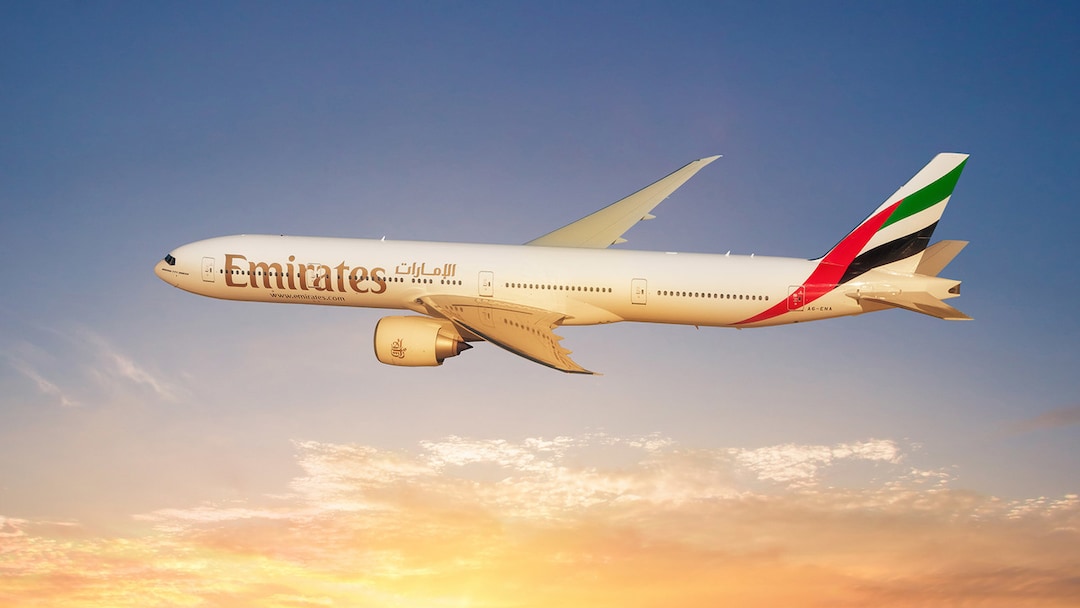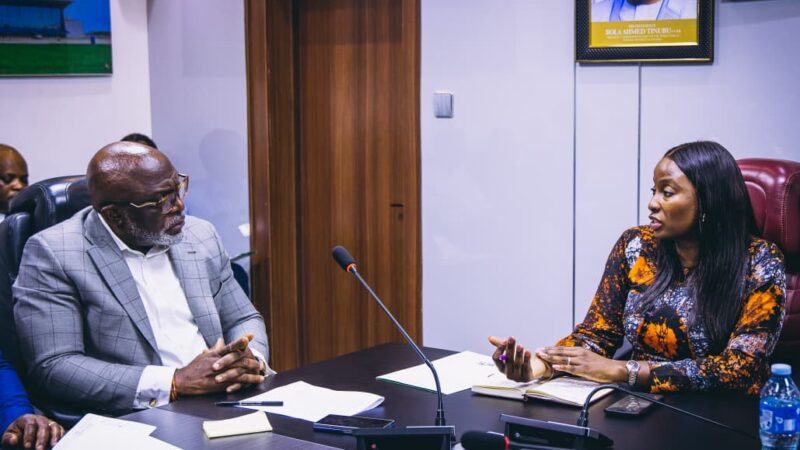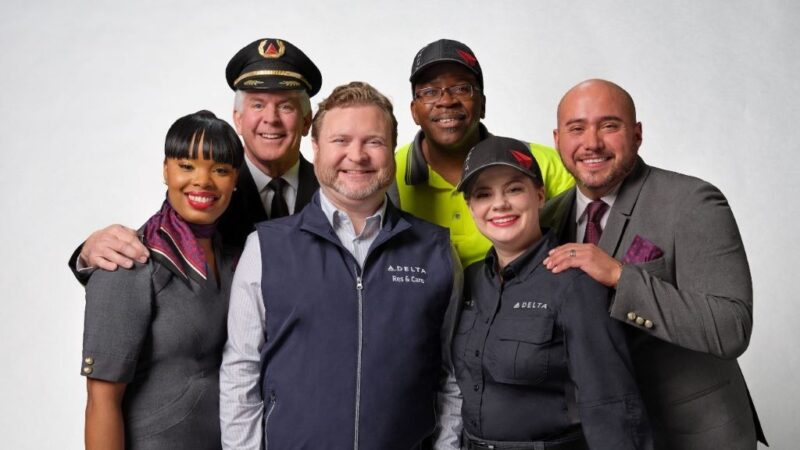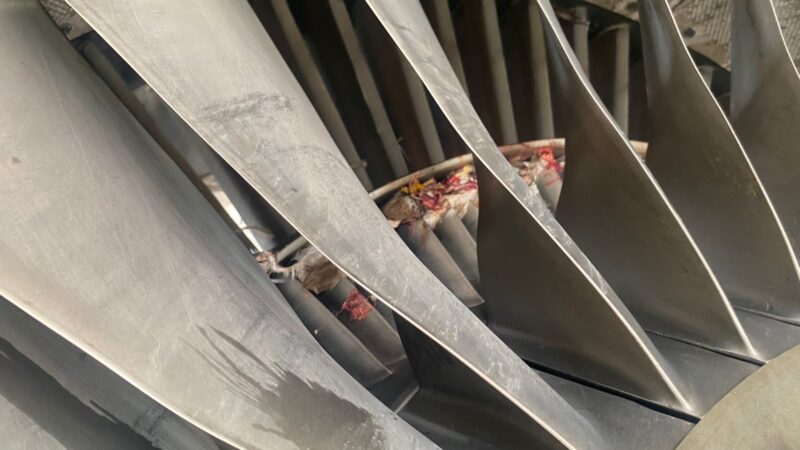Emirates charged with “deceptive” advertising of business class, pays $8,440 fine

UAE’s Emirates Airline has been fined by a New Zealand court for “deceptive” advertising of its business class flight.
The airline has been ordered to pay $8,440 in compensation to Mark Morgan, a New Zealand resident, after he challenged Emirates for its misleading advertising in New Zealand.
According to Morgan, what the airline advertised was flatbed seats featuring minibars and updated entertainment systems before he purchased business class tickets for a trip from New Zealand to the United Kingdom with his wife.
However, instead of the promised product, Morgan’s flight was operated by an Emirates B777-300ER, featuring the carrier’s most outdated business-class product.
“These seats don’t have minibars and are not fully flat,” Morgan argued.
He added that the airline has a history of advertising false products to its customers in New Zealand. “Emirates doesn’t advertise the product that it actually offers to New Zealand,” said Morgan.
Emirates, however, contended that it has the right to modify the type of aircraft operated on specific routes due to operational necessities, as aircraft type is not guaranteed under its customer contract.
The airline also maintained that it must utilize this particular aircraft (B777) for its New Zealand route as it is currently unprofitable.
The verdict of the court, however, sided with Mr Morgan as Disputes Tribunal referee, Laura Mueller said, “This was the result of advertising a service that they (Emirates) were rarely delivering, not due to an occasional or one-off change of aircraft due to operational requirements.
“The promotional materials were based on an updated/new business class seat and service that is not in place in the older aircraft that Emirates flies to NZ.”
“The Fair Trading Act 1986 prohibits misleading and deceptive conduct in trade. The advertising of a service that Emirates knew would unlikely be delivered is misleading and deceptive.”
Emirates claimed that the service offered was only a 5 percent reduction in quality compared to what was advertised and offered a refund of $484.
However, Morgan sought a partial refund for the price of the ticket, plus a refund for the price he paid to upgrade to first class for one leg of the journey so he and his wife could get lay flat seats in order to be able to sleep.
The Disputes Tribunal ruled that $8,440 reasonably and fairly reflected the difference in service advertised and paid for versus the service received.
This ruling raises the question of how airlines advertise their products to customers and what they actually offer at the point of sale.
Like Emirates, many airlines are guilty of this deception; they often advertise their newest and best products, but only operate them on select routes or flights.
The next time you purchase a premium product advertised by an airline, ensure that you are served what you paid for.
Otherwise, you may end up on an older aircraft with outdated interior decor and poor customer service.
The verdict of the court sets a precedent in the way passengers can seek redress whenever their rights are infringed upon by any airline.







